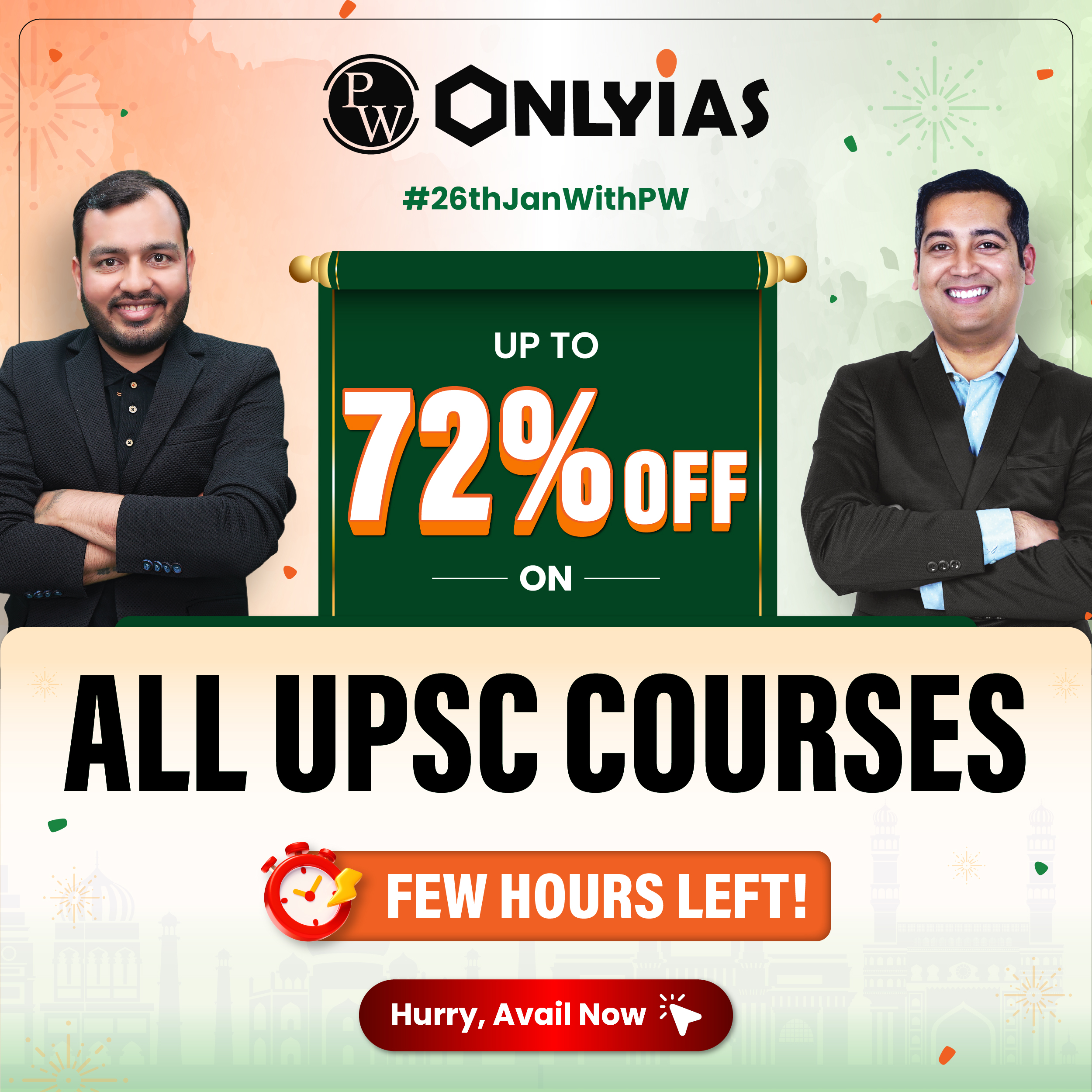UPSC CSE : 2025
The case highlights the ethical dilemma faced by Ashok, Divisional Commissioner of a border district, who must balance humanitarian responsibility towards fleeing civilians with national security concerns posed by armed soldiers seeking entry amidst a civil war across the border.
Key Stakeholders
| Stakeholders |
|
(a) Options Available – Merits and Demerits
| Option | Merits | Demerits |
| 1. Allow immediate entry of all civilians and soldiers | Upholds humanitarian duty (Kantian duty ethics); injured receive urgent care; builds trust | – Security risk due to armed soldiers
– May violate protocol – Possible political backlash (conflict with consequentialist considerations) |
| 2. Allow only civilians (women and children) and deny entry to armed soldiers | Protects border security (utilitarian principle); addresses immediate humanitarian need | – Soldiers may resist
– Could escalate tension – May complicate diplomatic relations |
| 3. Set up temporary border containment (safe zone) until higher orders | Balances humanitarian aid and security (Aristotle’s virtue ethics); allows time to coordinate | – Delays urgent medical care
– Logistical/resource challenges – Risk of unrest among refugees |
| 4. Seek immediate local police/army assistance for controlled entry and medical aid | Ensures safety and law enforcement; immediate help for injured (Kautilya’s Arthashastra—prudent governance) | – Limited manpower
– May require negotiation – May escalate if armed soldiers resist |
| 5. Refuse entry until Home Secretary guidance | Avoids breach of protocol; No immediate security risk | – Humanitarian crisis worsens
– Possible loss of life – Ethical and public criticism (Gita—Karma Yoga) |
(b) Ethical And Legal Dilemmas Being Faced By Ashok
Ethical Dilemmas:
Legal Dilemmas:
(c) Recommended Option: Option No. 4
Seek immediate local police/army assistance to set up controlled entry and provide urgent medical aid.
Justification:
(d) Extra Precautionary Measures for Border Guarding Police:
Conclusion
Ashok’s controlled entry approach balances humanitarian duty and security, ensuring immediate care for civilians while managing armed soldiers safely. Reflecting the Bhagavad Gita’s principle “Karmanye Vadhikaraste Ma Phaleshu Kadachana” (“You have the right to perform your prescribed duties, but you are not entitled to the fruits of your actions.”) and Rigveda’s principle of Dharma, this measured, ethical response upholds law, compassion, and public service, even amid uncertainty.
<div class="new-fform">
</div>
